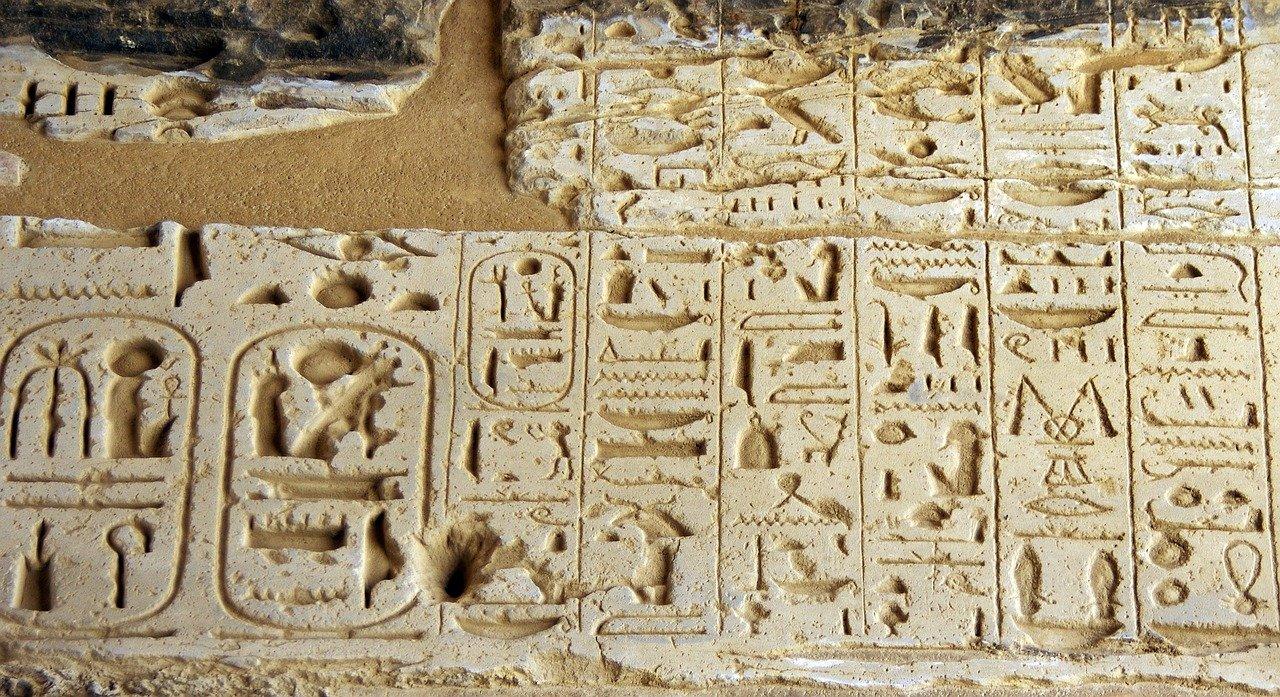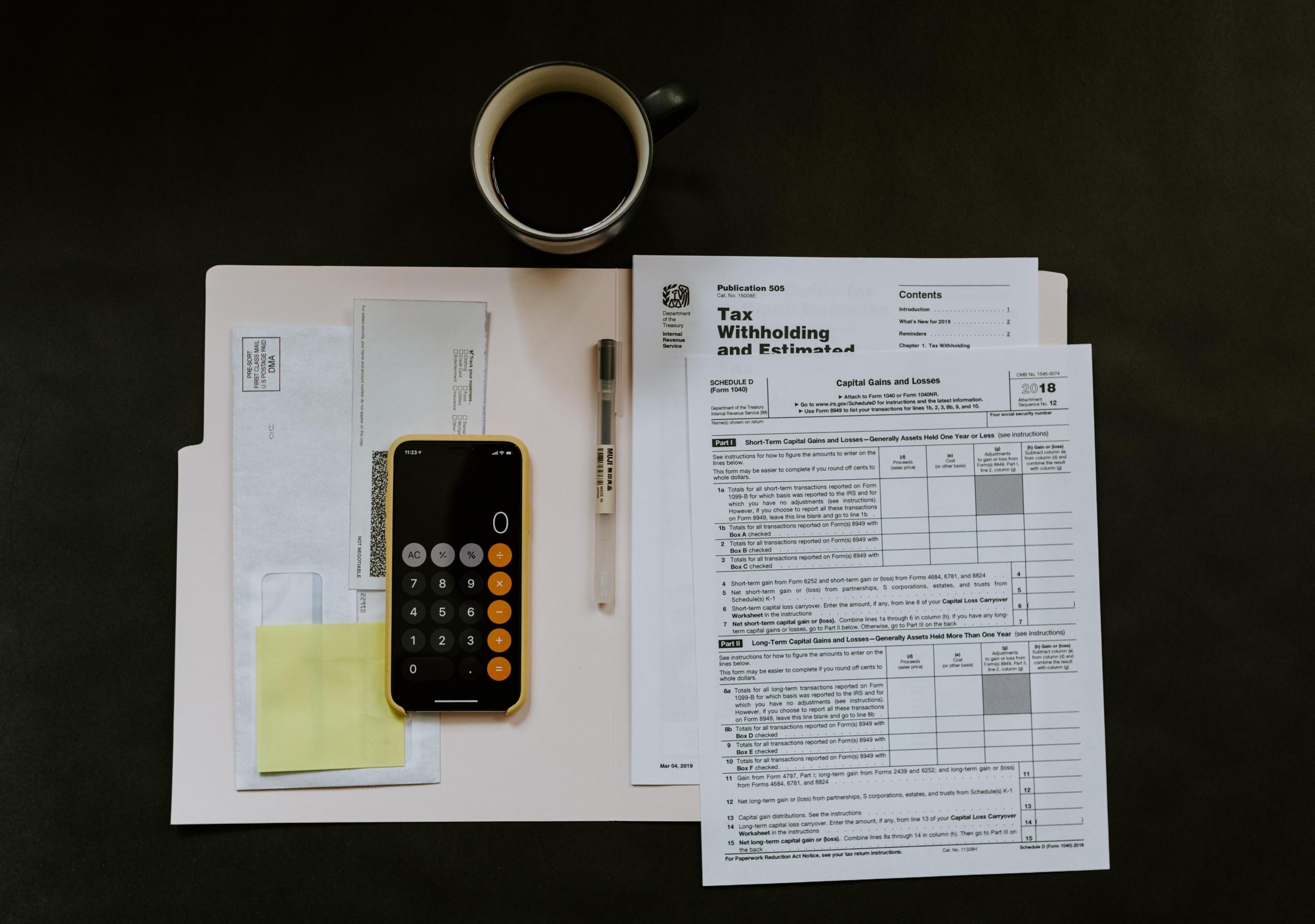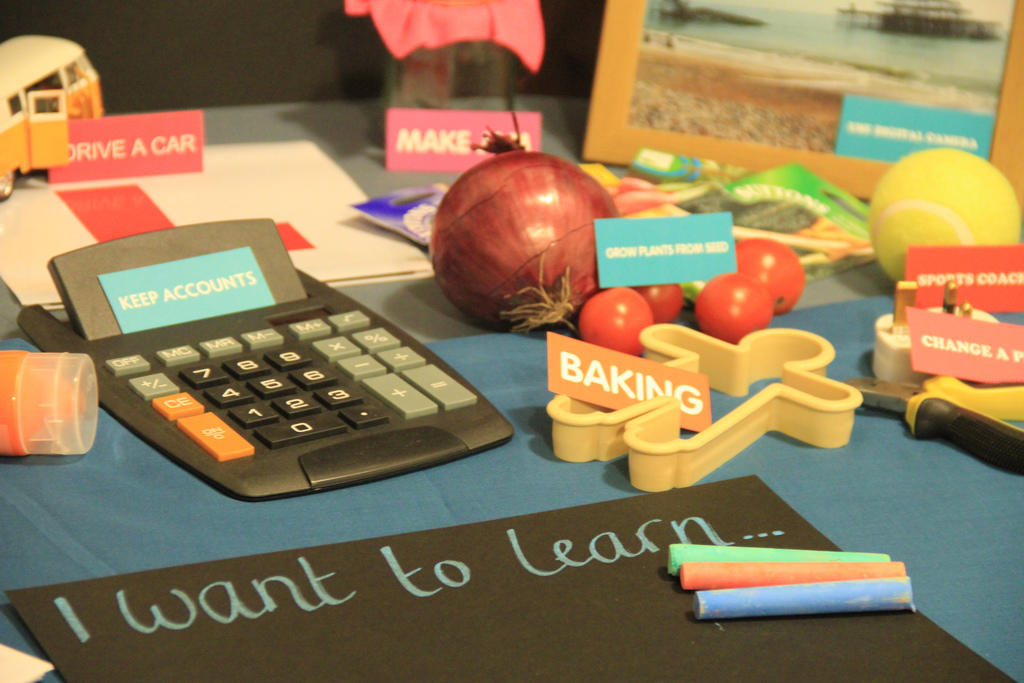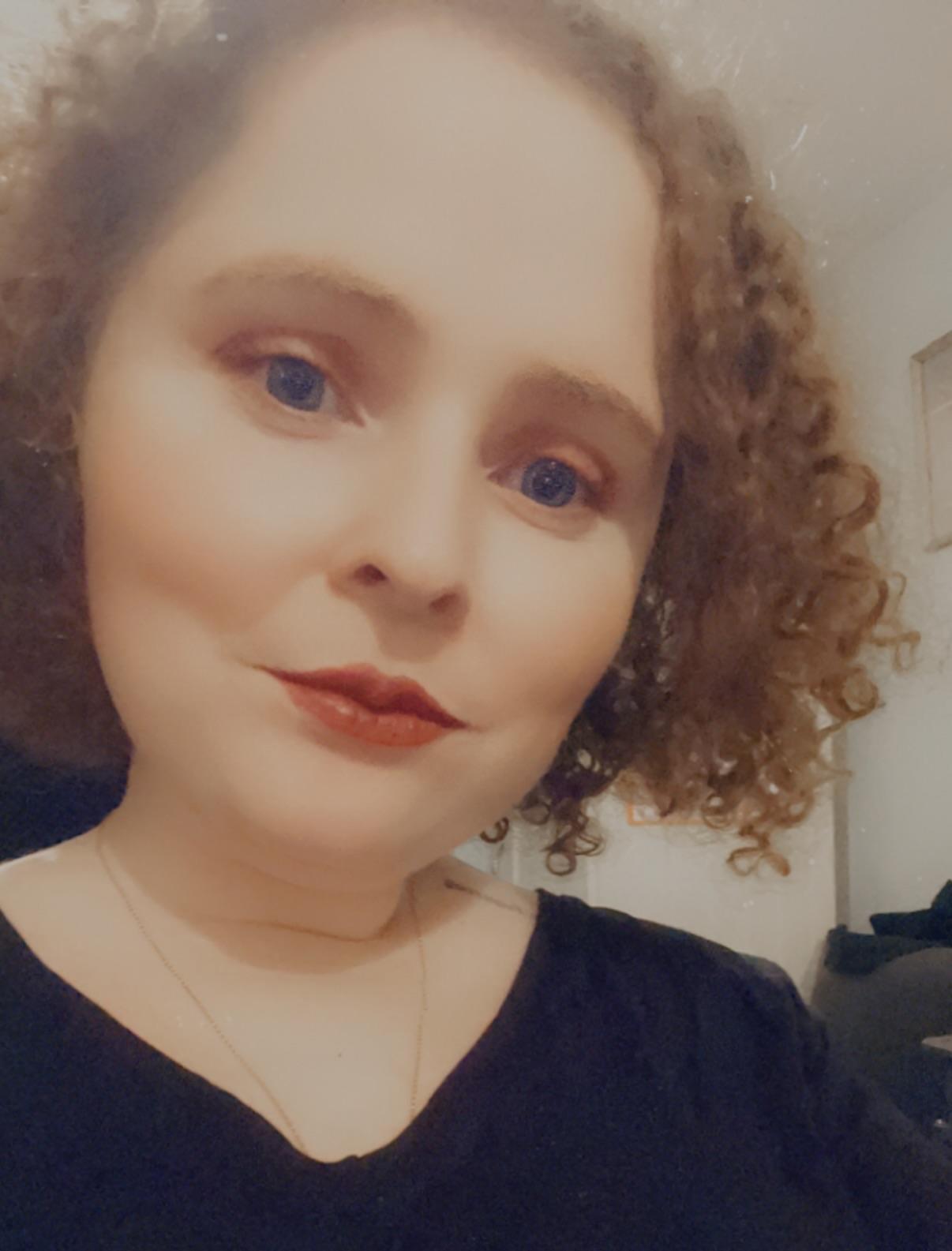If we see maths as more of a tool in everyday life and less as of a chore that we "must" struggle to learn, perhaps the fear and anxiety that people experience when faced with the subject might ease? In fact, some believe, if we start off by showing children how to use maths, in day-to-day life, even before school, the hope is that they will not be faced with the same anxiety and dislike of the subject as previous generations.
Children can begin to make their first real-life connections to numbers as they count the number of seconds before they hunt for a friend in a game of hide and seek, or play hopscotch on numbered squares in the playground. Counting, estimating, adding and subtracting are skills that the average child may use several times on any given day.
"Without mathematics, there's nothing you can do. Everything around you is mathematics. Everything around you is numbers."
Shakuntala Devi


Maths Helps with Employability
Most people will agree that Maths is an essential tool to have for any person in this day and age. There are three main subjects that schools, colleges and employers all want to hear about: English, Maths and Science. These subjects are particularly essential if you wish to follow a career in STEM.
When it comes to applying for jobs your knowledge of Maths can come into question, whether or not you are applying for a maths-heavy role. Maths is useful in all areas of employment from engineering to waitressing, numerical skills are essential.
Basic addition and subtraction, multiplication and division, and fractions are math skills we use in most jobs, for example, if you work in a bar, restaurant, shop or other similar jobs that usually relies on a til or computer system but they are out then your maths skills will be needed to add the bill minus any discounts, coupons or vouchers. Or if you work in a construction style job you need to be able to use calculations such as multiplications for ordering supplies and measuring surface areas.
So you see, even if you don't become a mathematician, maths will be a part of your world, it will influence your employability.
How We Use Maths in Everyday Life
By gaining a good knowledge of maths, we can make sense of statistics, understand the content of scientific articles and take something away from the infographics we see in the newspapers.
Everyday maths in real life is used for:
- Budgeting
- Doing your taxes
- Building and creating
- Resolving any problems involving a series of variables
- Working out the price of an hour of supplemental maths tuition
- Calculating percentages
- Working out value for money
- Calculating weekly, monthly, and annual income
- Finding the best deals
- Working out interest versus capital on a purchase
- Working out probabilities in games
- Working out proportions
- Negotiating using numbers
Maths is everywhere! When it comes to pop culture, maths is even at the heart of the hit TV series Numb3rs which had millions of viewers worldwide. Mathematics is used in criminal investigations, which is not just thrilling for viewers of crime drama but also helps to catch the real-life baddies! Most recently maths featured heavily in the world hit Netflix series Squid Games.

"We will always have STEM with us. Some things will drop out of the public eye and will go away, but there will always be science, engineering, and technology. And there will always, always be mathematics."
- Katherine Johnson
Careers That Depend on Excellent Math Grades
Having a good basic math knowledge can be helpful in every career, but some career choices require some really top-notch maths grades.
Naturally, the STEM subjects will require you to get a really good grade in your Leaving Cert Maths. For those of you reading this and are thinking 'what on earth is a STEM subject' the easiest way to understand it is as follows.
A STEM subject is a subject that can be categorised under the following headings:
- S - Science
- T - Technology
- E - Engineering
- M - Mathematics
Apart from the fact that studying to work in a STEM-based career, leads to a profession that is currently and predicted to continue being in high demand. Careers in the above-mentioned areas tend to be very enticing financially!
Some of these career paths include roles in the following areas:
- Accountants: no matter what area of accountancy you choose to go into, whether it is tax, auditing or budgets you will need excellent maths skills as this whole career is based on maths and numbers.
- Insurance agencies: Insurers use maths to create policies that suit the needs of their clientele. To achieve this, they use statistics and databases - topics covered in school maths.
- Banking: From communication to security measures to investing, everything about banking involves numbers as bankers evaluate financial risk and stock data. Finance also plays a big role in engineering and business since traders need to be able to evaluate their deals.
- Consulting: In this profession, mathematicians rely on statistics when measuring TV audiences for advertisers and advising large corporations on optimising their services.
- Aeronautical engineering: Specialist mathematicians of all disciplines use their skills to make modern-day transport more reliable and better for the environment.
- Aerospatial engineering: Learning about the origin of the universe by exploring space would simply be impossible without maths.
- Energy sector: Working in the energy sector is based on research and development, and those who are a part of it do all they can to ensure they save the most energy possible. With the current worries of climate change, this sector needs more help than ever to reduce pollution and increase its reliance on renewable energy sources.
- Logistics and planning: Mathematicians are recruited to optimise output and therefore reduce costs.
- Education: By becoming an educator, you can share your knowledge of a subject you are passionate about.

So of the Basic Ways, We Use Math Everyday
Mathematics is the universal language that is applied in almost every aspect of life. Mathematics gives us a way to understand patterns, define relationships, and sometimes even help us to predict outcomes in the world around us.
In the kitchen:
Baking and cooking require some mathematical skills. Every ingredient must be measured and sometimes we need to multiply or divide to get the exact amount we need. Mathematics helps to estimate the quantity of food and bread to be prepared, where the individual needs to mathematics by calculating the amounts required according to the size of the pot, for example. The person must know the fractions and ratios, and the knowledge of the weight measuring units used, such as the cup, the weight, the litre, the gram, and others.
Everything we do in the kitchen requires mathematics.
Grocery Shopping:
When you go grocery shopping you do way more maths than you think. When you see promotions like '20% off' or 'buy one get one free' you are automatically calculating the value for money and whether or not you can afford to make the purchase.
Time Management:
By knowing how much time exists, there are only 24 hours in a day, 7 days in a week, 168 hours in a week. Plan specific hours, on specific days, for specific tasks, with specific goals. This is where a calendar and planner are useful for visually for planning every hour of our week. In short, the more hours in a week we know what we are specifically doing, the less time we will waste in a week.
These are just some of the many ways we use numbers, and maths skills, in particular, to help navigate the world around us.















